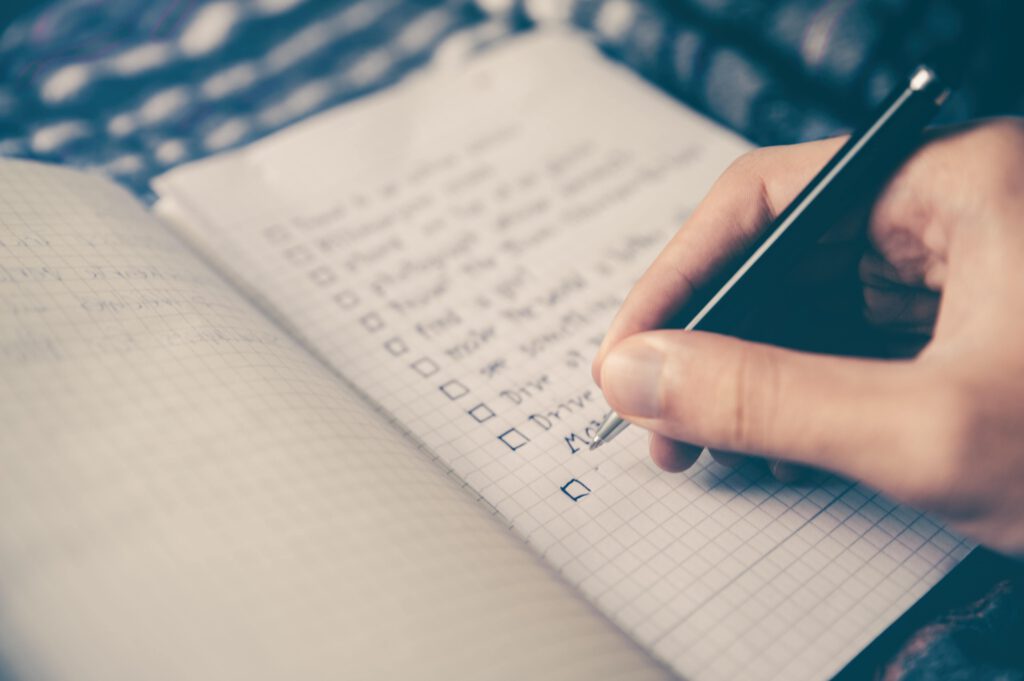About open science and how to make it easier

The need to share
One of the gratifying elements of science is being able to share your findings, and here at the SYNC lab we definitely agree with this sentiment. There is an increased need to focus on Open Science practices and reproducibility in a cohesive way. However, when it comes to these practices there are many things to consider and it may be difficult to see what options researchers have available to them. This is where data managers and researchers can work together and come to the rescue, as we are working hard to try and make the Open Science journey as easy as possible!
Own experiences
I joined the SYNC lab as a data manager in November 2021, and it immediately became clear that Open Science is important to the SYNC lab. My first big assignment was to clean data and provide a new data structure for the Braintime study, using the Brain Imaging Data Structure method, or BIDS. As a community developed tool, BIDS is a method that can be applied to neuroscientific research involving brain imaging. Because this method was used, the organization of the data from this study is now in line with other studies using the BIDS method, making it easier to share findings and to replicate studies. Other projects like The Urban Rotterdam Project are being structured and managed in similar ways, with a focus on shareability.
Within our lab we also make use of what we call the SYNC lab wiki. Essentially, this wiki acts as a working guide for members of our lab and is a living and collaborative document that we are actively updating. This lab wiki aims to provide support, information and templates for open science, data management/analysis, and outreach practices.
Additionally, we have been working on creating a data sharing protocol that will be shared on this website. This protocol will include information on our use of Data Request Forms and Data Sharing Agreements for our projects and aims to make it easier for us and outside parties to make use of our data in a responsible manner.
Making it easier
Next to my own activities regarding Open Science, I am also involved in assisting our researchers; how can we make it as easy as possible to implement Open Science for them? There is a great desire to share as much of our projects as possible, but not necessarily the exact know-how on how to conduct Open Science. Therefore, with our Open Science core-team we are currently developing what we like to call a ‘stamp card’; a list of Open Science practices that can be applied to your research. With this stamp card we aim to provide clarity and to illustrate the many the options researchers have available to them when it comes to Open Science. We like to think of our stamp card as a kind of buffet, from which our researchers can select certain options to apply to their research project as if they are choosing what to eat.
With our stamp card we divide the research cycle into the following categories: preparation of a study, conducting the study, writing the manuscript and after publication. These categories are subsequently divided into steps which can be “checked off” of the stamp card. For example, one of the steps from the ‘conducting a study’ category includes writing and updating data collection protocols, and the ‘after publication’ category includes steps like archiving your publication package. To make this more stimulating and motivating we are also adding in a visual representation when choosing and ‘checking off’ steps.
Some steps are labeled as ‘must-do’ (e.g. publication packages), while others are labeled ‘nice-to-do’. The nice-to-do steps are those that are not required, but are in line with the vision of SYNC, like uploading a preprint or writing a blog on your research. Each step will be expounded upon with links to articles on the SYNC lab wiki and examples of these steps from other researchers within the SYNC lab to promote cohesion on Open Science output. The articles on the SYNC lab wiki will provide tips and detailed instruction for each step, as well as provide links to outside sources and information on their uses. It may be daunting to focus on these practices on a project wide scale, but with this concept we will give bite-sized information and motivate working on these items step-by-step and from an early stage.
To sum up, here at the SYNC lab we are already doing much in the way of Open Science practices and we are heavily investing in making this as easy as possible for everyone involved. I am personally very excited to be working on the stamp card and to see how it will support our researchers in the future!
Contact
Erasmus University Rotterdam
Mandeville Building T13
Burgemeester Oudlaan 50
3062 PA Rotterdam, the Netherlands

